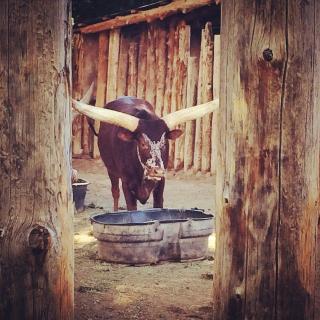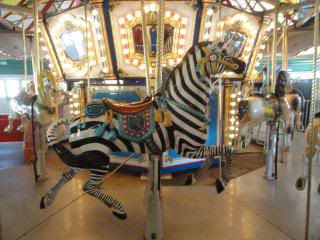
There have been fleeting moments of seeing unschooling at work in our house. I would love to share them with you all.
Just this evening the children were watching a Fred Astaire movie (we'd been talking about dancing/old movies etc for a while and happened upon a dvd yesterday) and a scene was showing a college student talking about 'passing'. My 9 year old said "What's passing?" My 5 year old said, "Silly, it's passing, you know, going past something."
I see this as a little success story. They've forgotten or have become unaware of grades, tests, and performance. Another step in our deschooling journey.
Looking for subjects, for me, meant that I would be happy to play games like Uno with the kids because it was "math". We were "doing" math! In fact, when I first began unschooling, I thought that it meant learning by playing games instead of learning by doing worksheets. That was nice and fun, but it wasn't unschooling. It was schooling with different tools.
Being aware of a subject might mean noticing that a child's comment on a paragraph in Harry Potter reflects an understanding of the theory of division. The child may not have any knowledge of the meaning of the word, "division", yet clearly understands the process of organizing something into smaller pieces, or divisions. Sure, you can call it math because humans have decided that anything to do with numbers is math, but "math" isn't the point. The point is reading something (or hearing, doing, experiencing, seeing something) and making connections in one's brain. That is real learning. The child doesn't need to know that it can be called division or math in order to have the thought process.
In some ways it is a small, insignificant difference, to say that one looks for subjects vs. one is aware of subjects, but it can make a big difference in getting to unschooling. If we only see evidence of our children learning when it looks like the school-learning we were taught ourselves, it will be difficult to accept unschooling as a viable method of providing our children with an education.


|